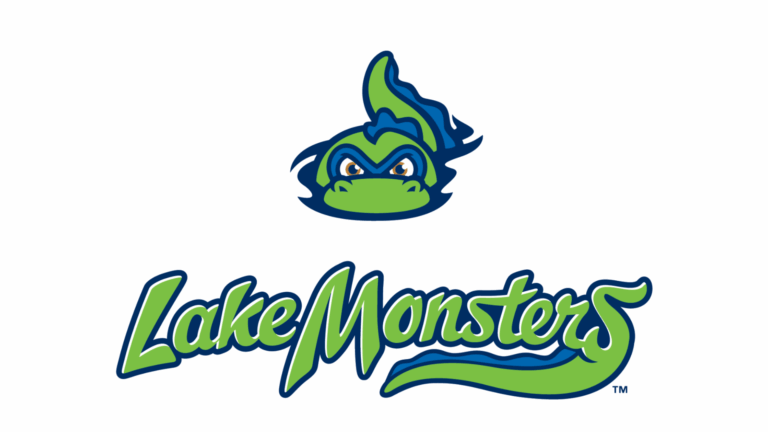WATERBURY, VT & WASHINGTON, DC – Vermont earned only an average grade of ‘C’ in helping adults with serious mental illnesses, according to a state-by-state report on the quality of the nation’s public mental healthcare system that was released on March 11, 2009.
Grading the States 2009: A Report on America’s Health Care System for Adults with Serious Mental Illnesses, was made public at a Washington, DC press conference by the National Alliance on Mental Illness (NAMI). NAMI is the nation’s leading voice on mental illness, representing family members and consumers living with serious mental illness, with 50 state chapters and over 1,200 local affiliates.
This year’s report is a follow-up to a 2006 NAMI report that measured the progress of states in achieving the goals of a presidential commission that called for the transformation of the mental health care system—which is too often fragmented, outmoded & inadequate. In the 2006 report, Vermont earned only a ‘C;’ it’s one of 23 states that saw no change in 3 years. The national average is ‘D,’ the same as in 2006. (Only 6 states earned a ‘B’; 6 states received ‘F’; no state got an ‘A.’).
“It’s disappointing that the state’s overall grade remains the same,” said Larry Lewack, Executive Director of NAMI-Vermont. “We should be moving forward to get people the help they need. Instead, we’re stagnating. In fact, budget cuts in mental health are likely to push us backwards.”
“We know what works to save lives and help people recover,” Lewack continued. “In the face of crisis, we need to move forward, not retreat. We must not leave some of our most vulnerable citizens behind.”
Vermont received praise for: its recent improvements in standards of care at the Vermont State Hospital (VSH) in Waterbury, a strong culture of peer-led services and family support, doubling its number of available psychiatric hospital diversion and step-down beds, restoration of the Department of Mental Health, and comprehensive training of police officers in responding to individuals in crisis. Its mental health insurance parity law was a model for the new bill recently passed by Congress. Vermont now ranks fifth in per capita spending on mental health care.
The report cites the following challenges: continued lack of federal certification of the Vermont State Hospital in Waterbury, and recent state budget cuts for community mental health services, as evidence of a system under stress. Efforts to improve the quality of the mental health provider work force have ground to a halt; increased caseloads are reversing the gains made earlier in the decade.
To remedy Vermont’s shortcomings, the report recommends: stronger leadership for a comprehensive replacement for the outdated VT State Hospital; continued focus on improving the quality of care at all VT’s inpatient psychiatric hospitals; maintain recent gains in supported housing and veterans’ services; and further investments in Vermont’s public mental health workforce.
NAMI’s state ratings are based on 65 criteria, including access to medication, community-based treatment services, housing, and support to National Guard members returning from war. It includes policy recommendations for federal and state leaders. State government provided most of the information on which the grade is based. This data was supplemented by feedback and quotes from consumers and family members who responded to a national online survey.
NAMI’s Vermont chapter office, based in Waterbury, can provide copies upon request of key sections of the report, including the specific ratings and narratives about Vermont. The full 180-page report, including all 50 state ratings, methods, and policy recommendations, click here to view the report.
Related Files
2009 GTS Narrative for VT (PDF File)
2009 GTS Report Card for VT (PDF File)
2009 GTS Executive Summary & Policy Recommendations (PDF File)



